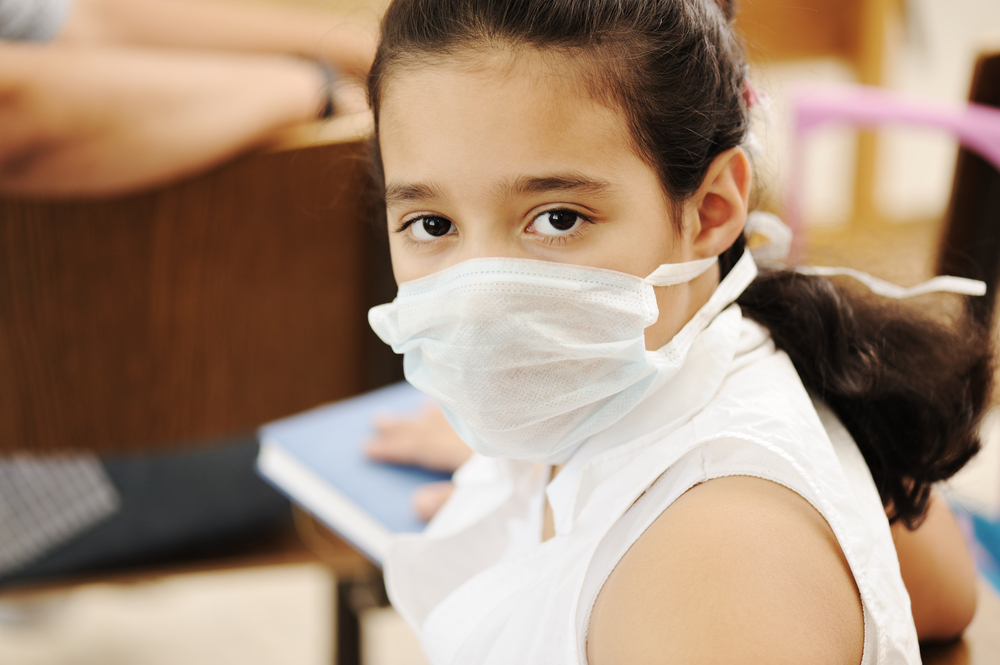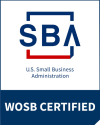Your Child is Worth the Fight
Jean Murrell Adams, Esq.

Today is Wednesday, July 15, 2020. We are mindful that nearly 140,000 souls have perished here in the United States due to COVID-19. The pandemic hascaused seismic shifts in back-to-school plans, priorities and expectations causing many parents to give up and “write-off” this school year in frustration. Families who have children with disabilities are especially hard-hit. Despite the chaos, parents can–and absolutely must—double-down andtake charge of educational programming for their children with special needs.
1. Safety first.Pediatricians, parents and teachersagree—we all want our children to safely return to school. But there’s endless confusion as to how this should be done. The first priority is safety, particularly for parents of medically fragile children. You can no longer depend on your school district to follow the law and provide timely, accurate assessments—you’re now going to have to get them yourself. First, contact your child’s pediatrician or mental health provider and obtain guidance on appropriate placement and services. Should she remain isolated at home in distance learning or will a small, in person class size be a better option? Are there any underlying health or mental health conditions that would impact placement? Should she be getting related services like ABA therapy or speech therapy in person or via distance learning? Get these recommendations in writing as you will need to present them to the school district later.
Next, gather any updates you can regarding your child’s current academic, social/emotional or behavioral needs. Check with teachers, tutors and sitters regarding their opinions. Does he require an aide? Is he regressing in Math? What type of learningaccommodations does she need? Include your own observations as you have now been teaching your child at home for over four months. Review our past blog, “Forget About the Toilet Paper, Grab that IEP!” for a list of other important records that you will need.
2. Be nimble but be quick. Once you have consulted with your child’s current health care, mental health or educational providers and gathered as much current information as you can, it’s time to assemble your child’s educational program. Try to locate, or create, a school or program that fits your child’s unique needs. Focus on small, local charter or private schools. Include small religious schools in your search. Consider coordinating with other parents for learning pods or micro-schooling. Be transparent regarding your child’s unique strengths and weaknesses and prepare to make changes as needed. Anticipate and prepare for temporary learning interruptions due to infections at school or in your family. Act now. Private schools are making key staffing decisions regarding the fast-approaching school year and space may be limited in the coming weeks. Do not disenroll your child from his regular public school as you are merely placing your child in an “interim educational program” for the duration of school closures (and maybe a little longer).
3. Keep track of all expenses. As you learned in our prior article, “The ‘FREE’ in FAPE”, parents are generally entitled to reimbursement if the public school district can’t or won’t provide appropriate special education and related services. Be prepared to show how your program is more appropriate for your child than distance learning, unsafe large schools or classrooms, or no education at all.You will need to tell your school district that you will be seeking reimbursement for all education-related placement and services. Keep track of these expenses, including tuition, books, computers, mileage or other transportation costs. If you cannot afford to pay tuition up front, request a deferment or payment plan.
Finally, special education school placement during a pandemic is an individual decision and must be made in conjunction with advice from your child’s medical and other health care professionals. It’s also a good idea to consult with a knowledgeable special education attorney or agency in your area for information as to how to obtain reimbursements for private placements in these very unusual times. Designing and funding an effective special education program may not be easy, but your child is worth the fight.
Please continue to stay in touch. We’d love to hear your stories on how you have been managing with providing supports and services for your child during shelter-in-place. Contact us at: Together@adamsesq.com with your feedback and stories. Your experiences can guide us in identifying topics to address in future articles and webinars. You also may want to readand repost our past COVID19-related blogs:“Forget About the Toilet Paper—Grab that IEP!”, “IEP Alerts for Parents”,“Special Education Teaching is Really Hard!” and“The ‘FREE’ in FAPE”.

